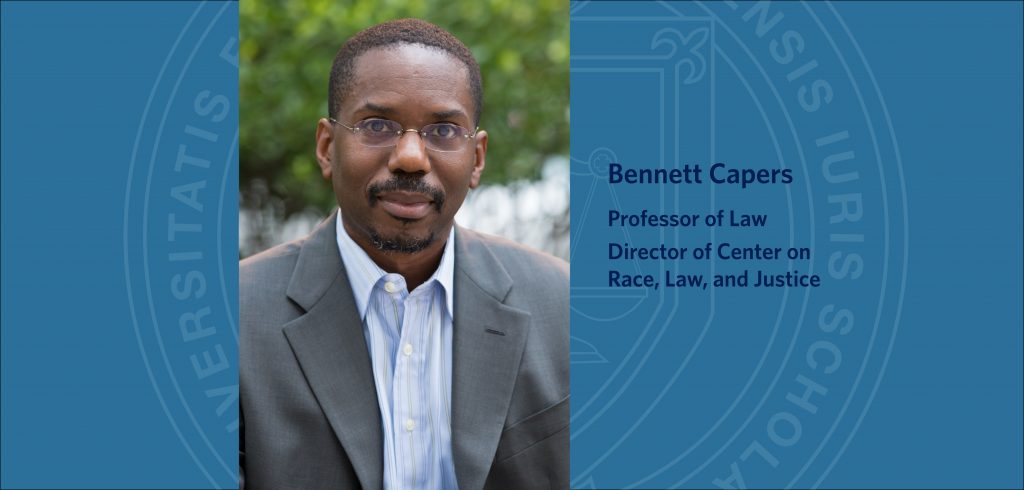Professor Bennett Capers shares his expert opinion on the disparities regarding the prosecution of hot car deaths and the criminal justice system as a whole in USA Today.
In an upscale Houston neighborhood in June, one mother accidentally left her 5-year-old son in the car as she was trying to throw her 8-year-old daughter the perfect birthday. Thinking he had climbed out on his own, she didn’t notice he was missing until it was too late. He died within hours.
Just 700 miles to the east in Tallahassee a month later, another mother was working her job at a hospice facility. She thought she had dropped her 11-month-old baby boy off at daycare before work but he was still in the back seat of her car, dying of heat stroke as she worked on a photo collage of him for his upcoming first birthday.
In both cases, two loving mothers made the worst mistake of their lives. One was arrested and charged with felony aggravated manslaughter. The other was not.
…
Disparities in the prosecution of hot car deaths reflect the criminal justice system in the U.S. as a whole, which tends to punish the poor and the non-white at a much higher rate, said Bennett Capers, a law professor and the director of the Center on Race, Law & Justice at Fordham University School of Law.
Capers, also a former federal prosecutor, looked into hot car deaths years ago for a class he was teaching and quickly drew one conclusion about how it’s punished:
“It’s completely random,” he said. “You have identical facts, different results … A lot of circumstances, it seems to turn on just how sympathetic that police officer finds the parent and how sympathetic the prosecutor finds this parent.
“So whenever you have little things like that, where how somebody comes out involves a lot of discretion, then you’re likely to see these sort of imbalances,” he said.

